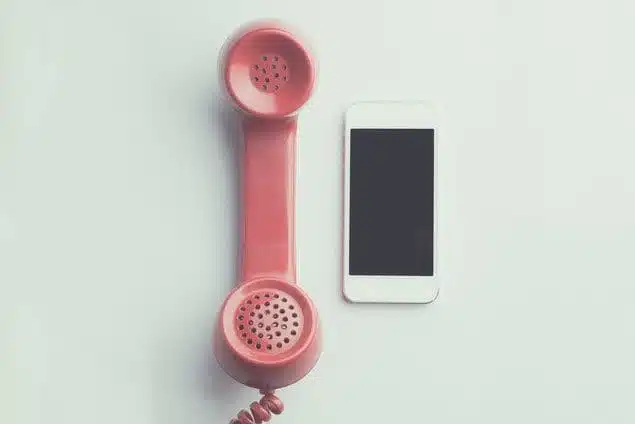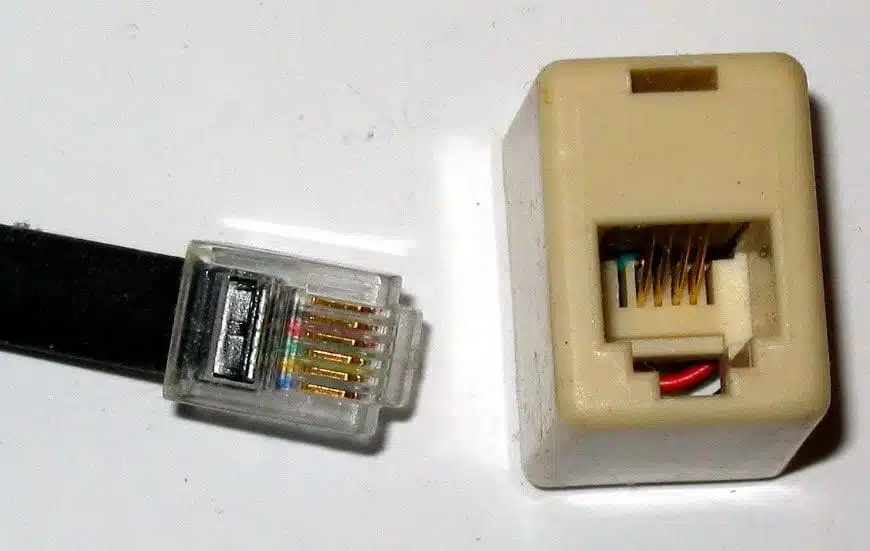Should Seniors Keep Their Landline Phones?
Posted in Landlines versus Smart Phones for Seniors
Smartphones may be the defining technology of the century, but there are several practical reasons why we may want to hold off on relegating landline phones to the stoop sale of time. Read on to learn why.
The Benefits of Familiarity
Everyone adapts to new technology at their own pace, but we tend to fall back on tools we’re most familiar with during emergency events. If someone has spent several decades with a landline phone in the same part of their home, they will likely be able to reach the phone faster than if they need to locate a new mobile device. Additionally, touchscreens can be finicky technology for new adopters, and fumbling to unlock a screen could cost the user valuable time during an emergency event.
Finally, remembering to keep a mobile device charged is a new demand for users familiar with an “always on” landline, and a dead battery could prevent communication when the user needs it most.

Emergency Reliability
While modern cellular networks provide better coverage than ever, emergency events can tax these networks to the breaking point. Cellular towers that maintain a wireless system are vulnerable to damage during severe storms, and power outages can put these towers on limited back-up power. These risks, combined with the massive number of mobile calls made during a major emergency can lead to spotty or nonexistent service.
Traditional landline phones that use copper telephone wiring, though technologically outdated, are quite resilient to power outages because they are powered along the same cable that connects them to the telephone network, allowing users to make calls long after a mobile phone’s battery has run dry.
Note: To confirm your landline phone is self-powered, check how many wires run out of the unit. Self-powered units should only have

Not sure if your landline is self-powered? This should be the only type of wire connecting your phone to the wall.
a single old-style telephone wire running into a phone jack and should generate a dial tone when the headset is lifted from the receiver. Remember that phones with wireless headsets or built in voicemail systems require auxiliary power and will not work during a power outage.
Improved Communication With First Responders
911 systems across the country vary significantly in efficiency, technology and overall response times, however landline phone users often benefit unknowingly from certain elements of older 911 systems that have not made the leap to the wireless age.
For example, many 911 systems have a “reverse 911” alert system that sends robocall warnings to landline phones within an emergency-affected area, similar to modern SMS and social media-based systems like Notify NYC.
Additionally, some 911 systems will have a significantly easier time locating a caller if they are using a landline. This is because older landlines are wired to directly contact the geographically closest 911 call center, compared to mobile phone calls, which are initially received by a regional call center, then directed to the geographically closest center.
Finally, most landline calls to a 911 response center generate an exact address where first responders can be dispatched with no verbal input from the caller, a critical advantage if the caller is choking or is in some other way partially incapacitated.
SelectCare hopes you found this information useful. Our team of home health care experts have been helping New York families find peace of mind for more than 34 years, allowing residents to live happier, healthier lives in the comfort of their long-time homes.
To learn more about how SelectCare can help your family, call SelectCare or request a free in-home care guide today!
